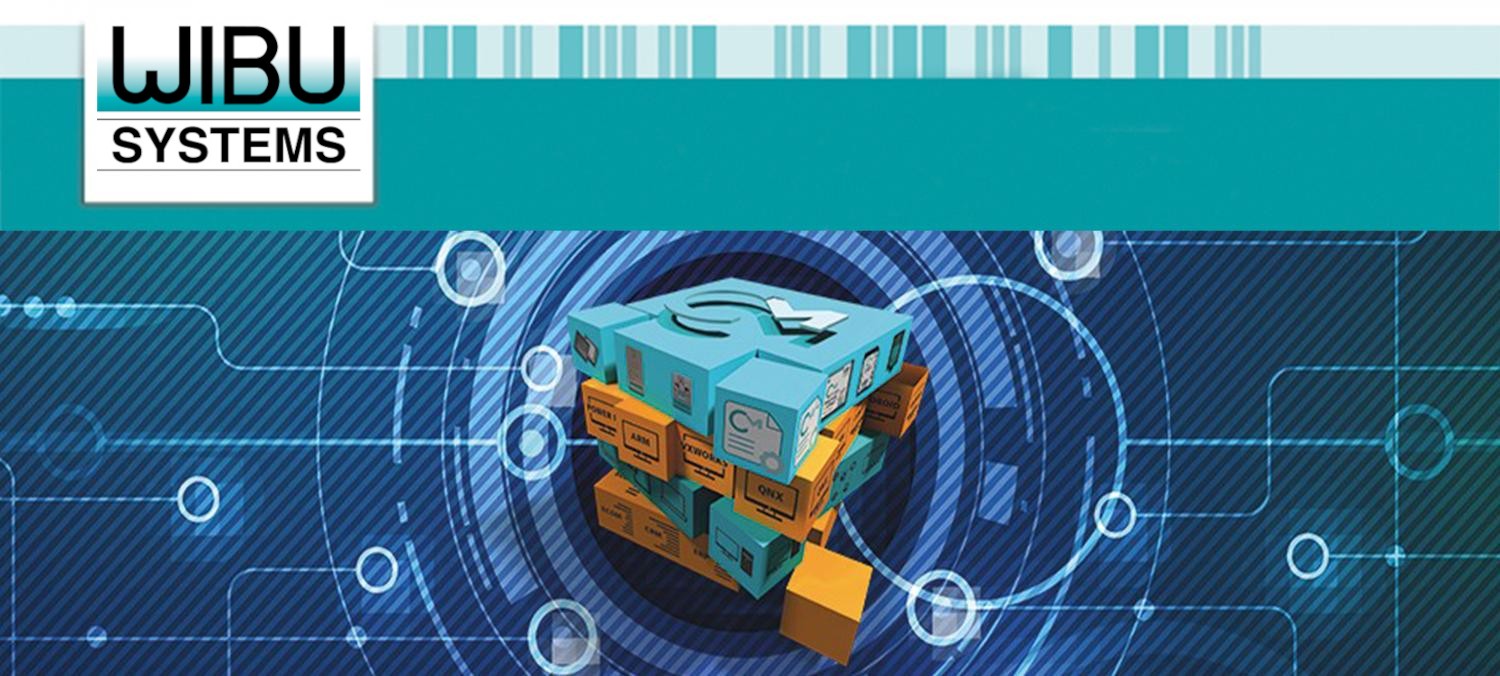License Scalability and Flexibility

Software scalability is a key aspect for a sustainable business model that aligns with current needs as well as future potential. With an agile software licensing scheme, organizations can readily enable their workforce to access systems without having to worry about the availability of software licenses or having to pay for extra seats as the workforce grows. Dan Roberge, in his article Software Scalability Made Simple with Unlimited Users, makes the case for unlimited user licenses. A flat fee model with unlimited user licenses, he says, allows businesses to easily expand their team without worrying about limits or restrictions on headcount while saving money on unforeseen costs.
He points out many other benefits of unlimited user licensing:
- Startups as well as SMEs, often constrained by tight budgets, can adopt sophisticated software that puts them at the same level as larger enterprise players in the market.
- Unlimited scalability enables stakeholders to seamlessly join a collaborative platform without the need for complex licensing negotiations while fostering faster product development cycles.
- Scalable software accommodates fluctuating growth stages as team members fluctuate. Tools are always available to keep everyone on the same track.
- The adaptability inherent in flexible software licensing positions businesses to rapidly respond to customer demands and anticipate and readily respond to market changes.
The author further notes flexible software licensing and scalability will enable businesses to address the complex decision of pivoting their entire business model when necessary to adapt to volatile market changes.
Software license scalability and flexibility go hand-in-hand in allowing ISVs to provide the tools to facilitate their customers’ success. Whether a flat unlimited user license model works best, or usage based, or subscription licensing schemes are more favorable, flexibility is key.
In addition to scalability and a choice of license models, let’s look at some of the other benefits of a flexible licensing system:
- Sharing Licenses: Sharing network licenses is a great option for licensing software that many corporate users need on a regular basis, but not all at the same time. For example, a Customer Relationship Management system (CRM) is accessed constantly and regularly revised and updated, but each specific user, be it from sales, customer support, finance, or wherever else in the organization, would only access the CRM for a few minutes at a time. In this case, a flexible licensing system would enable users to share the software, giving lots of seats access without forcing the software to be tied to any one seat or any one user.
- Borrowing Licenses: While licenses are usually not transferrable, there are times when users require the flexibility to borrow a license. For example, a licensed user may have need to work outside the network for an extended period but still require access to the software. A flexible license management system enables the user to “check out” the network license from the license server for a predetermined period of time and then “check in” the license to the server pool when they are done with it. The borrowed license is locked to the user’s computer and does not require any communication with the license server during the borrowing period.
- Licensing in the Cloud: Cloud computing affords a high level of scalability, flexibility, and elasticity that has made a dramatic impact to the way ISVs can license software, enabling new models like on-demand, pay-per-use, and other consumption-based approaches. In addition to enabling more economical usage and payment models, the cloud offers end users many additional benefits: users can access their licenses wherever, whenever, and however they need them, from mobile devices or at different locations without having to manually transfer a license file or carry around a dongle; data is better protected in the cloud versus storage on laptops and mobile devices that can be lost or stolen; and software upgrades and maintenance costs are greatly reduced.
- A Hybrid Approach to Licensing: For ultimate flexibility, a hybrid approach to cloud licensing and on-premise licensing may be an optimal solution. In a hybrid model, developers provide the ability to their end users to access the license to run the software anytime and anywhere: on-premise, in a private cloud, or in popular environments like Amazon Web Service or Microsoft Azure. For offline scenarios, all they need is either the ability to temporarily connect to the Internet, or to exchange a license file via file transfer. The end users can activate the license on their device and use it offline. In online scenarios, the license is stored in a secure user-bound container in the cloud and used directly online in the cloud.
These are just a few examples where the flexibility and scalability of a licensing system can bring added benefits to both the software publisher and the end user. Are you interested in learning more? I invite you to attend our upcoming webinar, Unleash the Power of CodeMeter, and see first-hand our awarding-winning solution that has delivered scalable and flexible licensing solutions for 20 years.




